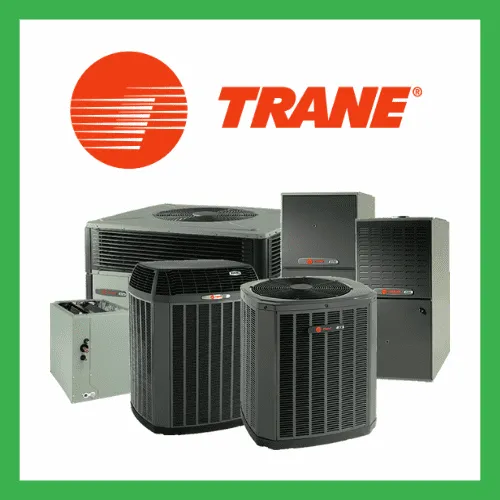VRF, standing for Variable Refrigerant Flow (or sometimes Variable Refrigerant Volume, VRV), is a highly efficient and versatile type of air conditioning technology designed for large-scale applications. Here’s a detailed breakdown of VRF systems:
Core Concept:
-
Unlike traditional split AC systems with one outdoor condenser unit connected to a single indoor unit, VRF systems utilize a single outdoor condenser unit connected to multiple indoor units. This allows for zoning, where different areas of a building can have independent temperature control.
-
The magic lies in the variable refrigerant flow. A VRF system adjusts the refrigerant flow rate to each indoor unit based on its specific cooling or heating needs. This enables efficient operation and avoids unnecessary energy consumption in areas that don’t require full cooling or heating power.
Key Components:
-
Outdoor Condenser Unit: This houses the compressor, which circulates refrigerant throughout the system. VRF condensers are known for their inverter technology, which allows the compressor to adjust its speed to match the demand, leading to significant energy savings.
-
Branch Piping: Refrigerant lines connect the outdoor condenser to the indoor units. VRF systems typically use refrigerant lines with multiple branches to accommodate numerous indoor units.
-
Indoor Units: These come in various configurations like wall-mounted units, ceiling cassettes, and ducted units to suit different space requirements and airflow preferences. Each indoor unit has its own control system to regulate temperature and airflow.
-
Expansion Valve: This valve controls the refrigerant pressure and flow rate for each indoor unit, ensuring it receives the optimal amount of refrigerant for its cooling or heating needs.
Operational Modes:
VRF systems offer unique operational capabilities:
-
Simultaneous Heating and Cooling: VRF systems can provide both heating and cooling simultaneously in different zones of a building. This is achieved through a process called heat recovery, where heat is extracted from areas being cooled and transferred to areas requiring heating.
-
Precise Temperature Control: Individual zone control allows for setting and maintaining desired temperatures in different areas, leading to improved comfort and energy efficiency.
Applications:
VRF systems are particularly well-suited for:
-
Commercial buildings: Office spaces, hotels, retail stores, and educational facilities can benefit from VRF’s ability to handle zoned climate control and efficient operation in large spaces.
-
Multi-unit residential buildings: Apartments, condominiums, and townhomes can leverage VRF’s flexibility to cater to individual unit climate preferences.
Advantages of VRF Systems:
- Energy Efficiency: VRF’s inverter technology and precise flow control contribute to significant energy savings compared to traditional split AC systems.
- Zoning and Flexibility: VRF allows for independent temperature control in different areas, enhancing comfort and optimizing energy use.
- Quiet Operation: VRF systems are known for their quiet operation, making them ideal for noise-sensitive environments.
- Centralized Control: VRF systems can be centrally controlled and monitored, simplifying operation and maintenance.
Disadvantages of VRF Systems:
- Higher Initial Cost: VRF systems typically have a higher upfront cost compared to traditional split AC systems.
- Installation Complexity: Installing a VRF system requires specialized expertise due to the refrigerant piping and control systems involved.
- Maintenance Requirements: While generally reliable, VRF systems require proper maintenance by qualified technicians.

Overall, VRF systems offer a compelling solution for large-scale air conditioning needs, particularly in applications where energy efficiency, zoned comfort control, and quiet operation are priorities. However, the initial cost and installation complexity are factors to consider when making a decision for your specific needs.
Looking to install a commercial HVAC System or Duct work in your Business Area?
Contact Vipul Ac to learn about our HVAC Service
Call +91 9825636606 Today.



